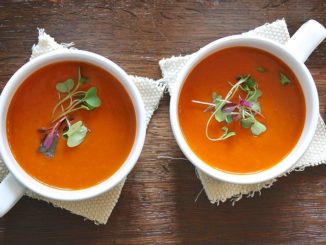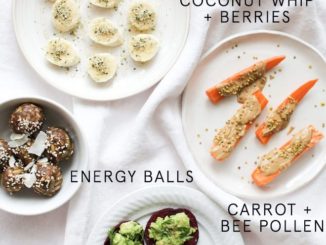
The issue of trade marks for cocktail recipes reared its head again in May of this year with the opening of a new cocktail lounge named Painkiller in Manhattan. The bar was threatened with a cease and desist order or injunction if it did not stop using the cocktail recipe for the Painkiller. The recipe for the Painkiller had been trademarked in about 1989 by Pussers, a Navy proof rum distillation company based in the British Virgin Islands. The bar was threatened with having to change its name in addition to ceasing the use of the recipe for the Painkiller cocktail. The threat was by and large ignored and the bearer of the glad tidings removed from the premises.
History has shown that it is impossible to stop others using cocktail recipes once they are out in the public domain and readily available. An oft quoted case is that involving the purported trade marking of the cocktail recipe for Dark ‘n Stormy. Legal folk will tell you that at a certain point when a cocktail recipe is in the public domain it becomes public property. The real question is when does that occur?
The cocktail bar industry is a huge one and everyone wants to share in the action. Eben Freeman, creator of the legendary smoked coke and solid cocktails urges that the only way to protect ones intellectual property is to safely guard your cocktail recipes. The only problem with this is that it flies in the face of the idea of sharing which many (if not most) bars foster and encourage.
Recently at a convention in New Orleans, Freeman led a workshop on the protection of intellectual property by bartenders. Freeman was joined in a panel discussion by a representative from the trade mark office and a lawyer with a practice focusing on the hospitality industry as a whole. The panel discussed the thorny issue of a bartenders intellectual property and who is at liberty to use it.
Freeman openly admitted to one source that his motivation for the workshop had been his sense of aggravation at others regularly using, taking credit for and profiting from his cocktail recipes. One example which Freeman cited was fat washing, a technique where a spirit can be infused with another substance such as bacon. This concept was developed by Freeman in co-operation with others and yet, is often claimed by others or at very least, attributed to others. Freeman feels strongly enough on the subject that he was quoted by one source as saying that “someone needs to get sued to set a precedent”
He is also quoted as saying “In no other creative business can you so easily identify money attached to your creative property,” Freeman went on. “There is an implied commerce to our intellectual property. Yet we have less protection than anyone else.”
So, after considering all that, the question still remains to be answered can a cocktail be copyrighted? It seems that the answer is no. Whilst it may be possible to protect the publication of a cocktail recipe, the idea behind the cocktail recipes cannot. It is for this same reason for example, that a musician cannot have proceedings issued against them for covering another musicians song during a live show. Many bartenders prefer to protect their intellectual property rights by passing on their cocktail recipes orally and not publishing them.
According to Freeman, a part of the problem historically has been the habit of using bartenders and mixologists as brand ambassadors. This is when a liquor company engages a profile bartender or mixologist as a spokesperson for their brand image. In such situations the ambassador is expected to promote the brand as a strong advocate and also create signature cocktail recipes using the principals product range.
The biggest problem these days is that the practice has become so prevalent that liquor companies have been tapping virtual unknown’s on the shoulder to act as their brand ambassador. This has then meant that these inexperienced young bartenders simply do not have the experience to effectively create their own signature cocktail recipes. The trend has become for these inexperienced brand ambassadors to tweak well known cocktail recipes they have gleaned from a mentor or from a simple Google search.
Freeman thinks the practice has been overdone and is quoted as saying “Brand ambassadors are ruining it,” I don’t have to tell you about the whole culture of the celebrity chef and how many people want to get involved in this. In no other creative field do you find people who are so easily able to insert themselves into the scene. It’s a disturbing trend without question.”
The biggest problem seems to be that the profession of bartender has gone from a lifelong pursuit followed by craftsmen to a short term fill in type job sought out by those in a short term bind. The end result has been an industry abundant in self proclaimed mixology experts and cocktail recipe bloggers accepting whatever crumbs big liquor companies throw their way in exchange for an endorsement. Everyone wants a piece of the big spirits industry pie. So, whilst Freeman urges bartenders to better guard their cocktail recipes, this flies in the face of an underlying principle of the industry, that of sharing ideas and having bartenders moonlight at other bars by special invitation to foster sharing. As for the owners of Painkiller, the bar which set this furor in motion, they have chosen to simply avoid the issue of intellectual property by putting their recipes on their web site for one and all to view. As for Freeman, one source quotes him as saying that he does not think this is a good idea.
Proudly WWW.PONIREVO.COM



